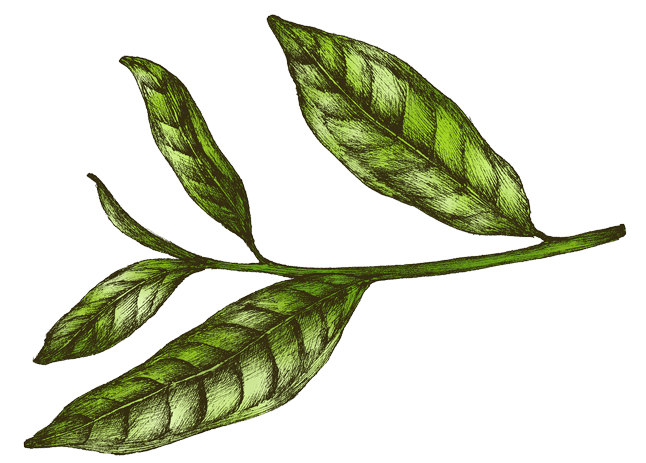Food is an essential part of our daily lives, providing us with sustenance, pleasure, and a connection to our cultural heritage. But have you ever wondered about the history and evolution of the food we eat today? Join us on a journey through time as we explore the fascinating story of how food has shaped human civilization.
The Origins of Food
Food has been a fundamental part of human existence since the beginning of time. Our early ancestors relied on hunting, fishing, and gathering to sustain themselves. They consumed a diet primarily consisting of fruits, vegetables, nuts, and seeds. The discovery of fire revolutionized the way we prepare food, allowing for the cooking of meat and the development of more complex flavors.
Agriculture: The Birth of Civilization
The invention of agriculture around 10,000 years ago marked a significant turning point in human history. It allowed for the cultivation of crops such as wheat, rice, and corn, providing a reliable food source and enabling the establishment of permanent settlements. This shift from a nomadic lifestyle to a sedentary one laid the foundation for the development of civilizations.
Trade and Exploration
As civilizations flourished, trade routes emerged, connecting different regions and cultures. This led to the exchange of not only goods but also culinary traditions. Spices, such as cinnamon, pepper, and cloves, became highly sought after and were considered a symbol of wealth and power. The Silk Road, for example, facilitated the exchange of goods and ideas between East and West, influencing the cuisines of both regions.
The Age of Exploration
The Age of Exploration in the 15th and 16th centuries brought about a new era of culinary exchange. Explorers such as Christopher Columbus and Vasco da Gama discovered new lands and introduced foods from different continents to the rest of the world. The introduction of potatoes, tomatoes, and chili peppers from the Americas revolutionized European cuisine, while spices from the East added new dimensions of flavor.
Industrialization: Changing the Way We Eat
The Industrial Revolution in the 18th and 19th centuries brought about significant changes in food production and consumption. Advances in technology, such as the invention of canning and refrigeration, allowed for the mass production and preservation of food. This led to the availability of a wider variety of foods year-round and the development of processed and convenience foods.
The Modern Food Industry
In the 20th century, the food industry underwent further transformations. The rise of fast food chains and the globalization of food production and distribution have had a profound impact on our diets. Convenience and affordability have become primary considerations, leading to the consumption of highly processed foods that are often high in sugar, salt, and unhealthy fats.
A Return to Roots: The Food Revolution
In recent years, there has been a growing movement towards a more sustainable and holistic approach to food. People are increasingly seeking out locally sourced, organic, and whole foods. The farm-to-table movement, community-supported agriculture, and the rise of farmers’ markets are all evidence of a desire to reconnect with the origins of our food and support local communities.
Conclusion
The history and evolution of food reflect the story of human civilization itself. From our humble beginnings as hunter-gatherers to the complex global food system we have today, food has played a central role in shaping our culture, economy, and health. Understanding the past allows us to make more informed choices about the food we consume and appreciate the rich tapestry of flavors and traditions that have evolved over time.
